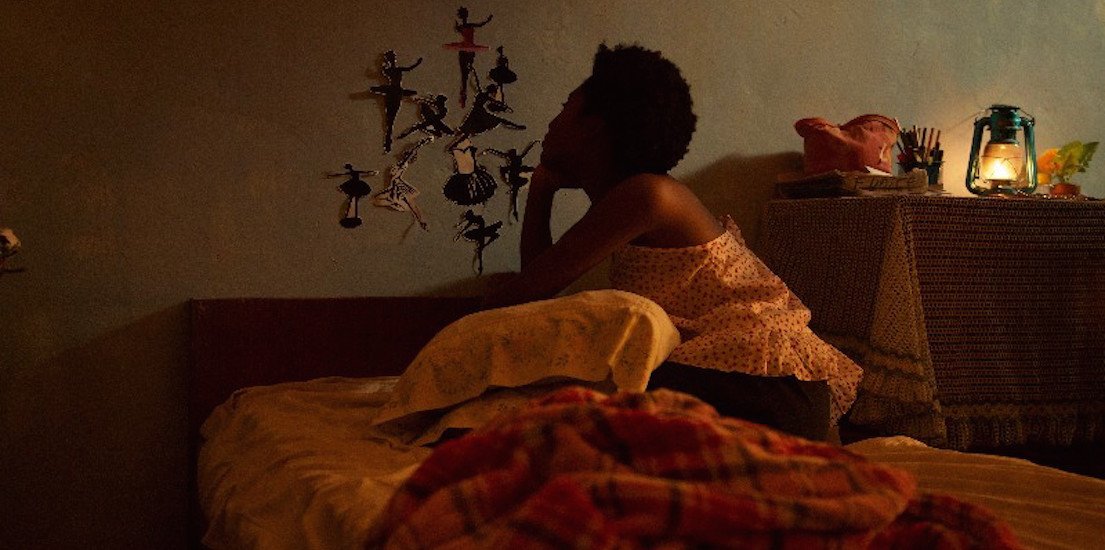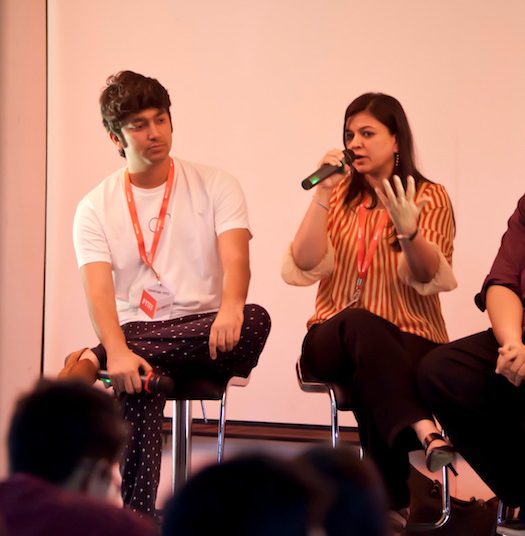Like Cotton Twines | Review
Every IFFI, I try to watch movies from all over the world that enable me to learn more about different cultures. One such film is Like Cotton Twines, which enriches you and leaves a big hole in your heart.
The movie is set in a village in Ghana and is about an age-old tradition called Trokosi where a young girl is forced to pay for her “family’s sins” by “serving the shrine”, which means to be an old priest’s sex slave for at least 10 years (sometimes for life), bear his children and co-exist with all the other sex slaves.
Micah (played by the very attractive Jay Ellis who when flashes a smile sends a lightning bolt across the auditorium) is a volunteer from US and has come to teach English at a village school – the village where his mom originally came from. He is on a journey of discovering his roots but ends up trying to save Tuigi, his 14-year-old student who is forced to quit school to become a sex slave.
The film has many moments when you break out into a huge smile – the school shots, for example. And then, it has some very dark moments (female castration), when you cringe and feel like screaming out loud. “Leave her alone” is the sentiment, and it lingers on as the harsh reality hits you throughout. That’s what powerful cinema does to you.
The background music takes you to that village in Ghana. But at the end, I realized that there were some beautifully shot scenes which got totally missed, as you are so engrossed in the story. A sad reminder that sometimes beauty gets lost in the ugliness of tradition.
Stellar performances by all the actors. Director & Writer Leila Djansi has chosen a courageous theme and narrated the story in the most poignant way. She obviously wants to create more awareness of this cruel tradition and save the enslaved girls & women.
Throughout the movie, you could hear the audience sniffling.
We had a Q & A session where we thanked the director for sharing her country and culture with us. Someone asked her why it was called ‘Like Cotton Twines’ and she told us because it symbolized the blue cotton fabric the young slave girls were made to drape around themselves.
It’s not an easy film. I was still visibly overwhelmed by the film when I asked her (and the crew) what was the most challenging part of shooting the film. She replied saying, every day was challenging given the budget, the fact that they hadn’t told anyone what they were shooting about and the fact that they shot the entire film in a short duration.
One of my favourite films at #IFFI2016.


